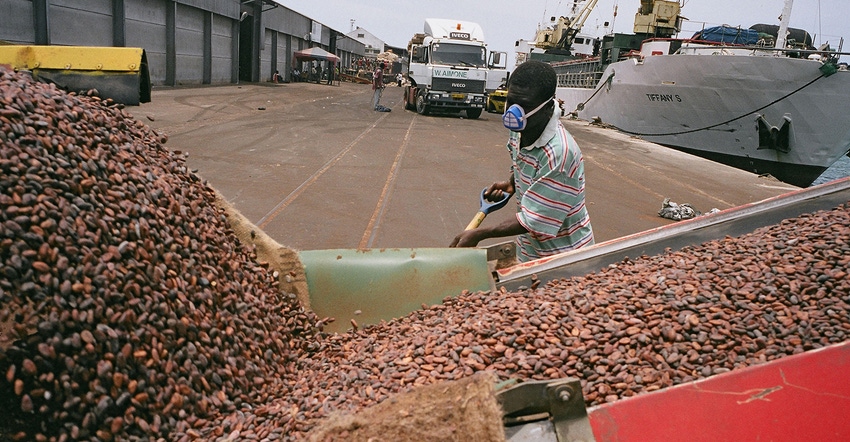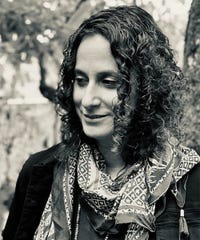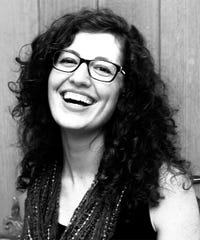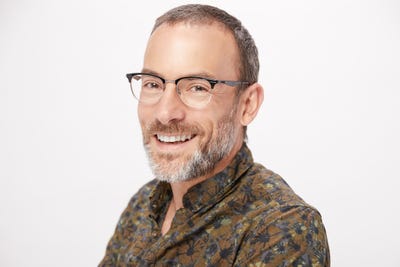Nonprofit Corporate Accountability Lab acquires Fair World Project
Organizations combine forces to elevate fair trade standards, call out 'sham' certifications, compel corporate responsibility and protect human rights.
March 23, 2023

Watchdog Corporate Accountability Lab announced it was bringing fair trade advocacy group Fair World Project in-house. The union of these two nonprofits "further strengthens the work of both organizations to end corporate exploitation in supply chains, and false claims by certifications and brands," according to a press release.
Synergy can be expected when two simpatico organizations come together—unless it's America Online—and it's a great justification for a merger. But just as interesting are the personal reasons.
"I was burnt out—I've been doing it for 25 years!" laughs Dana Geffner, Fair World Project co-founder and executive director, when asked why she decided to fold her organization into Corporate Accountability Lab.
"Rather than hiring another executive director to take over my role, I started having conversations with a few different organizations," she continues. "Corporate Accountability Lab just made sense. Shockingly, it was that simple. When things are supposed to happen, it's not that hard."
Pushing fair trade to a higher bar

"I was a middle-class girl from Los Angeles learning how privileged I was, how I had so much because other people did not have anything," she says. As her importing career blossomed and she spent more and more time with suppliers, Geffner noticed firsthand how many fair-trade certifiers weren't being all that fair.
"They were weakening standards," Geffner claims. "Real, authentic brands weren't getting shelf space in supermarket stores. I needed to start talking about certifiers and what they were doing wrong." With that in mind, she formed Fair World Project to advocate fair trade for small-scale producers and labor justice for workers around the world. "I did it to call bullshit on sham certifications, to push fair trade and fair labor certifications to a higher bar, to call out corporate greenwashing and to push corporations to do better," Geffner insists with her typical matter-of-fact toughness.
Fair World Project's top-rated certification muckraking magazine-turned-podcast, For a Better World, reaches thousands of people in more than 80 countries. Its campaigns for corporate accountability and labor justice include challenging the integrity of the Certified B Corporation standards after B Lab certified Nestlé subsidiary Nespresso, as well as questioning Fair Trade USA's certification of Fyffes melon plantations. When Fyffes conducted a Human Rights Impact Assessment in 2019, it found that gender discrimination and gender-based violence were huge human rights risks. It has since worked to improve gender equity and eliminate gender pay gaps.
Fair World Project has also published several highly detailed certification standards reports, including International Guide to Fair Trade Labels and Fairness for Farmers: A Report Assessing the Fair Trade Movement and the Role of Certification.
While Geffner's no-nonsense attitude clearly played a role in the organization's success, the depth of analysis in these reports and other projects is also what attracted Charity Reyerson, executive director of Corporate Accountability Lab.
"The kind of research that they do is really rigorous and thoughtful," Reyerson says. "They look at constructs that used to be pro-sustainability but turned into something misleading. They've really led the charge on articulating that difference and helping normal consumers understand that."
Forcing companies to be honest
Reyerson founded Corporate Accountability Lab in 2017 based on a need for outside-the-box legal thinking.
"I used to do international human rights litigation against big multinational companies that had violated human rights in global supply chain," explains Reyerson, who, like Geffner, is a force to be reckoned with. "Our area of law was tanked through a series of bad Supreme Court decisions, so I started Corporate Accountability Lab to innovate, to create more options for victims of corporate abuse and for human rights attorneys and environmental attorneys."
The organization's
Corporate Accountability Lab utilized Fair World Project's reports and other resources on a regular basis, so when Geffner decided to step down, Reyerson decided to step up. "We wanted to make sure that the extraordinary work that they've done in the past is not lost," she says. "We wanted to make sure there's still access to it through a website and other ways to engage with that information and incorporating it into our own."
Integrating, moving missions forward
One notable change is that Fair World Project will discontinue its consumer campaigns. While this disappoints Geffner slightly, she recognizes that the law may be an even more effective tool.
"We've been working to get consumers activated to strengthen certifications, but corporations have gotten really good at greenwashing and spinning things the way everybody wants it," she says. "I think that by using the law, they can better hold certifications and corporations accountable. It's the next step."
The Fair World Project staff are not included in the merger, although Geffner will continue to consult through the transition.
"We are taking their history, their research and their relationships—the base," Reyerson explained. "I already have staff that do this sort of work. When we file our cases, we look at what Fair World Project is writing. In that sense, it's an opportunity to more effectively integrate the analysis of both organizations and carry that forward."
About the Author(s)
You May Also Like




